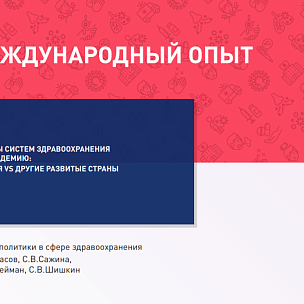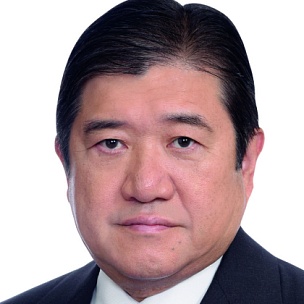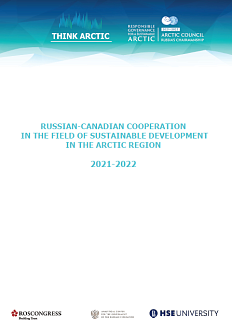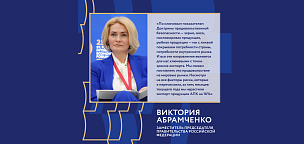In Russia and around the world there is now an understanding that sustainable economic development is attainable only in a steadily developing society. Achieving growth without tackling social problems is impossible. In order to create an ecosystem of socially-oriented projects in Russia, we need funding channels, up-to-date regulations, technological innovations, and an effective information environment. The government cannot be the only actor in this story. Rather, it needs to join forces with business, nonprofit organizations, society, and the media. The Roscongress Foundations social platform was created in order to provide a working environment for this social ecosystem.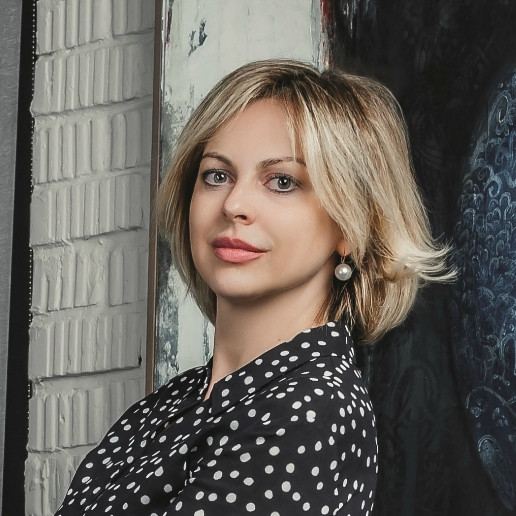
Elena Marinina, Head of the Roscongress Foundation Directorate for the Socio-Economic Agenda
"The social platform is an initiative that seeks to establish and maintain a stable dialogue between business, government, and civil society. We are creating feedback tools at our existing forums and beyond. We are promoting a social agenda and fostering the development of a culture of philanthropy in Russia.
"During sessions dedicated to this topic at the Russia House in Davos and the Russian Investment Forum in Sochi, several key problems in Russias social ecosystem were identified. These include the lack of systemic dialogue between the state, business, citizens, and nonprofits; the lack of quality information about the social sector; and the lack of developed mechanisms for replicating successful projects and innovative social practices in the regions.
"Our activities are aimed at overcoming these problems and developing stable and sustainable links between all parts of the ecosystem. Our plan is that the social platform should be a logical continuation of the Roscongress Foundation forums and, in particular, the St. Petersburg International Economic Forum.
"Our NPO LAB stand will continue this work at SPIEF, where the largest charitable foundations and corporate social responsibility (CSR) officers will be able to present their successful social and environmental projects and talk about the factors behind this success. There will be discussions and workshops with experts on how to effectively promote social ideas, realize the full potential of new information technologies in the social sector, and foster cooperation between nonprofits, government, and businesses as a target model for sustainable development. We anticipate that the NPO LAB will become a platform for encouraging triangular cooperation and attracting investment to high-impact social projects.
"We are seeking to involve leading Russian and foreign experts in the social platform. We want to foster an exchange of views and experiences at the global level and develop a basis for mutually beneficial international cooperation in addressing the social challenges that face Russia and the world as a whole. In Russia, there is great potential for creating effective solutions in the fields of education, environmental protection, and the development of a culture of social inclusion. These are global problems, and Russia is capable of making a strategic contribution to joint international partnership in these areas.
«In order to integrate this issue into the SPIEF business programme, we are holding two discussions with leading Russian and international experts. The first session will be devoted to discussing trends in the development of socially-oriented practices, problems, and solutions from the point of view of various participants in the social sector. The se_cond session will focus on the role of prominent women in the social and economic development of the Eurasian region. It will form the basis of our initiative to establish an international womens community in support of the ideas of global sustainable development, the strengthening of international social and cultural ties, and cooperation among women to address urgent social problems.
«During SPIEF, we will announce a joint project with the Art, Science and Sport Charity Foundation to develop the practice of social communications in Russia. This project will be carried out in a broad partnership with the state, the nonprofit sector, cultural and educational organizations, and experts in the field of audiovisual and digital communication. The goal of this project is to improve integrated communications mechanisms within the social sector and to establish a culture of social inclusion in society.»
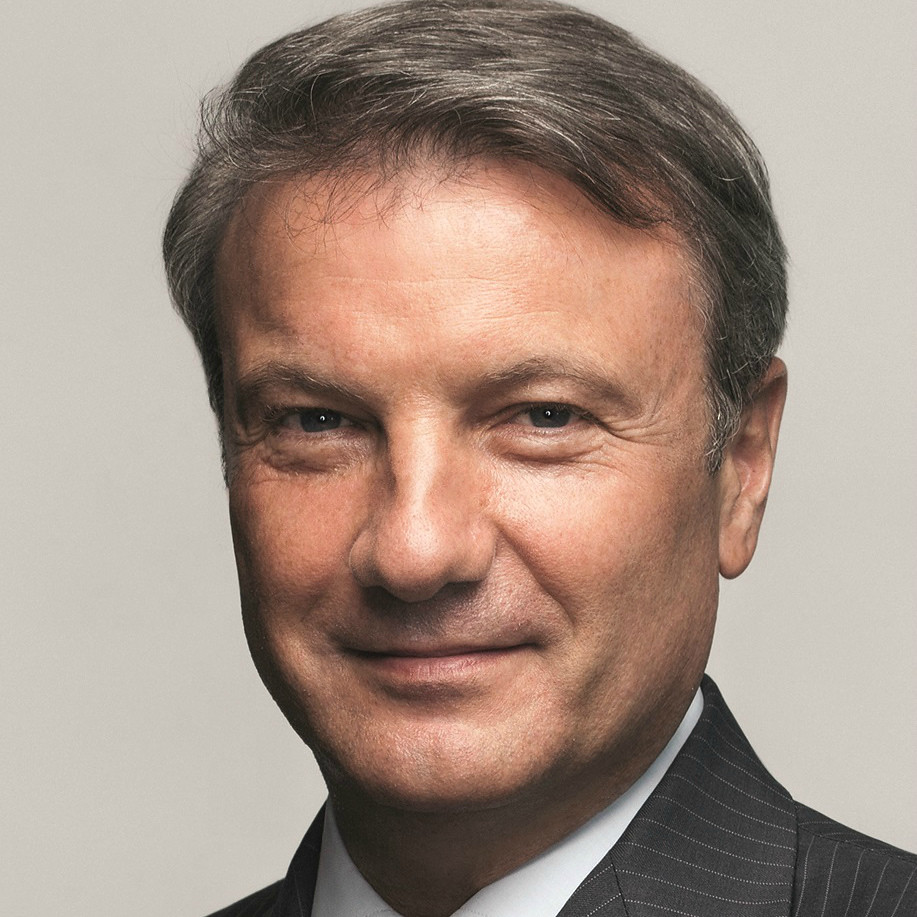
Herman Gref, Chairman of the Executive Board and Chief Executive Officer, Sberbank
«Sberbank rightfully considers itself a socially responsible company. Our commitment goes beyond participating in one-off events, however large they may be. We engage in regular, purposeful work through the charitable foundations that we have established. They help us not only to raise funds for traditional areas of support for those in need, but also to promote various adaptation projects and inclusive initiatives that seek to integrate people in challenging circumstances into a rapidly changing society. By establishing such charitable foundations as Memory of Generations, Investment in the Future, and Teach for Russia, as well as seizing the opportunity to assist those who are the hardest to help, we have done something that is good for our bank, for our employees, and for other members of the community. This creates a powerful and intangible source of motivation, and it further unites the team around tackling important humanitarian problems.»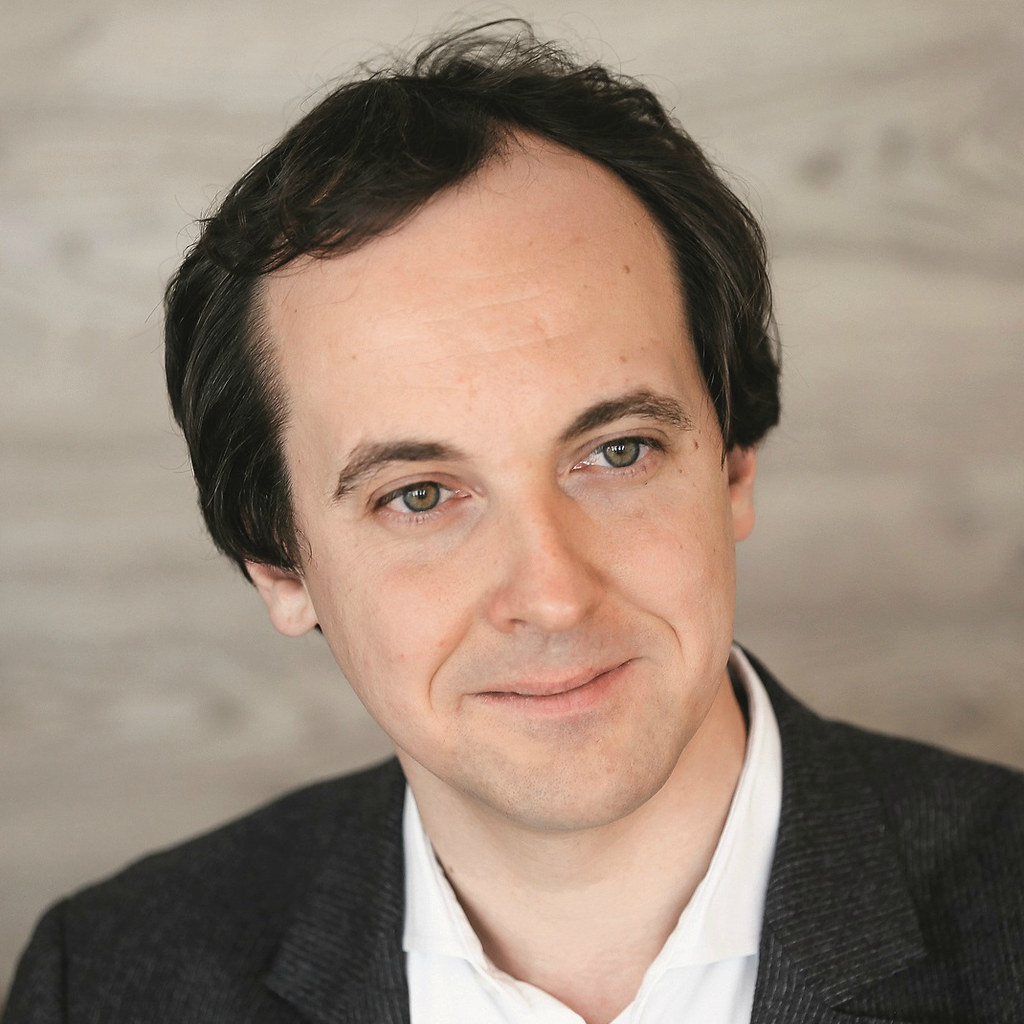
Ilya Chukalin, CEO, Presidential Grant Fund
«The Presidential Grant Fund is one of the newest development institutions. During our first year of existence, we received more than 25,000 projects. Of these, we supported 3213 by contributing a total of almost RUB 7 billion. Today, the Fund is creating a knowledge accumulation and management system. This is something that will help to institutionalize the nonprofit sector and increase its role and contribution to the social and economic development of the country. We must learn to identify the best practices and the most effective social technologies, which will enable active people to choose a working model based on their ideas about what they would like to do. The project evaluation methodology that we have developed will also help them to make this decision. For us, this is a priority topic that we hope will allow us to strengthen our level of cooperation with private and corporate foundations.»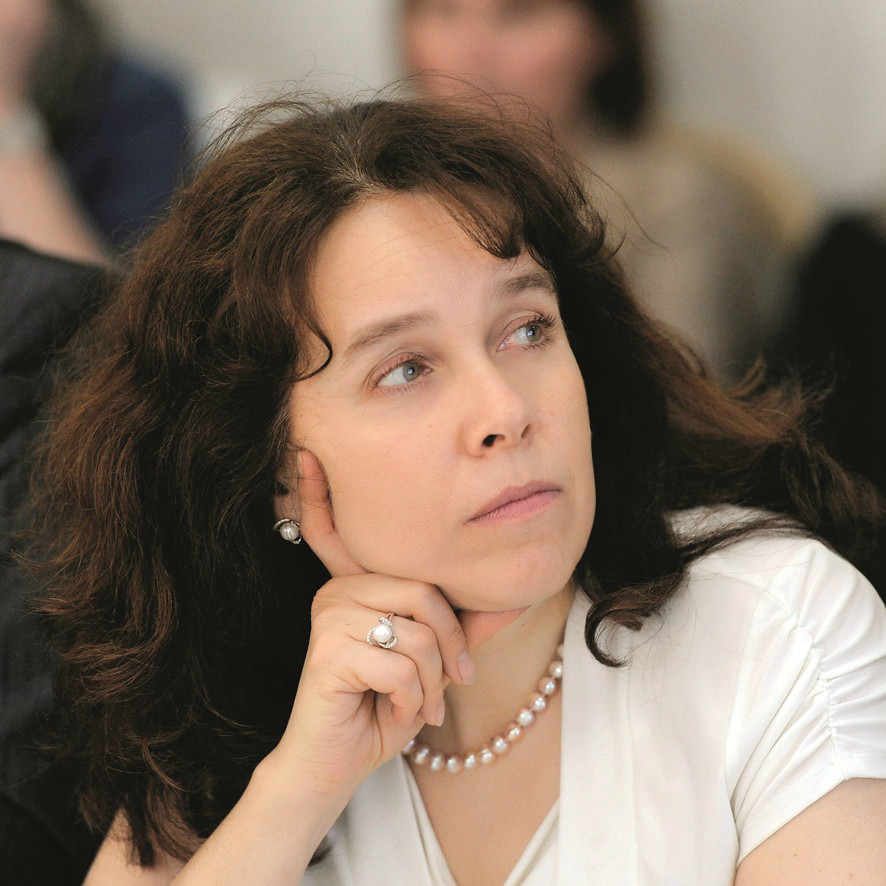
Elena Topoleva-Soldunova, Director, Agency for Social Information; member of the Civic Chamber of the Russian Federation
«In our current era, given the rapidly increasing information overload, it is becoming ever more difficult to win and retain the attention of audiences. There is growing interest in social information. Society is increasingly becoming aware of and concerned about social issues. Journalists have learned how to cover social topics in an engaging way, and those involved in the sector want to know more about each other in order to learn, communicate, and create together. Today, nonprofits are becoming more and more prominent public players. In this regard, the fact that the nonprofit sector has become increasingly visible at SPIEF represents a natural development, and one to which I hope that Forum participants will not remain indifferent.»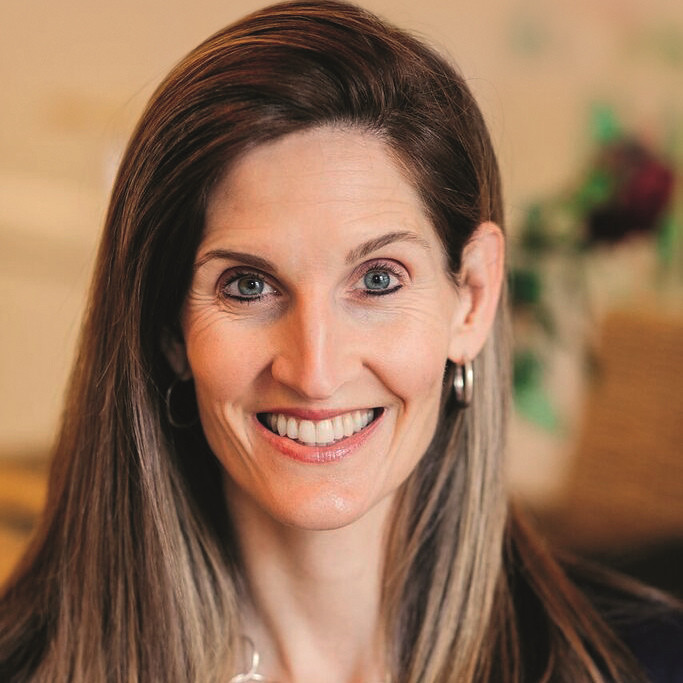
Valerie Rockefeller, Chair of the Rockefeller Brothers Fund; member of the Managing Board of Rockefeller Philanthropy Advisors
«Transparency and strong partnerships are, in my view, the main components that allow people to have confidence in nonprofits. Given the general low level of trust in public organizations, we understand that it is important today to make the necessary efforts to ensure that others trust us again, and the best way to do this is to publicize our mission and inform people about what we are doing. At the Rockefeller Brothers Fund, we openly publish information about our strategies and objectives, as well as the investments we are making, and we regularly evaluate our effectiveness because we need to make sure that we are doing important work that will inspire new partners to want to join us.»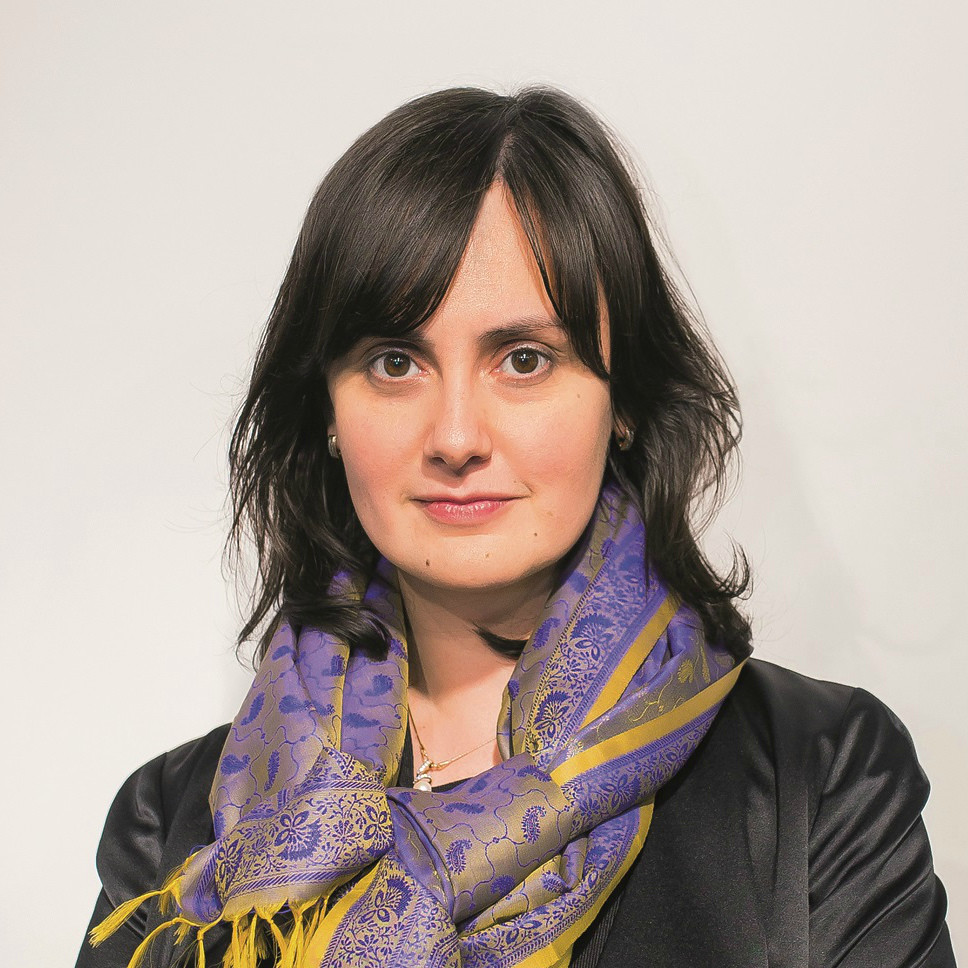
Alexandra Boldyreva, Executive Director, Donors Forum Association
«The Roscongress Foundation and the Donors Forum Association are initiating a series of foresight sessions devoted to the development prospects of the Russian charity sector. Our goal is to create a picture of the future of Russian charity. We will create a model in which an important role will be assigned to cooperation and effective partnership both within the sector and among all stakeholders. This is a step that, we hope, will allow us to articulate our common vision, understand our objectives and context, and help consolidate the efforts of those who are ready to make the world a better place.» 
Maria Morozova, General Director, Elena & Gennady Timchenko Foundation
«We can see that as social engagement has developed in Russia, people have developed stronger bonds of trust and connections with each other. There is a belief that the community can come together and change the world for the better. The barriers between different sectors and groups in society are decreasing. There is an increasing awareness that social activity is an important resource for the development of society. It does not replace, but rather complements the states efforts in the social sphere. Therefore, I am sure that the more people become involved in social activities, the more significant the results that they will achieve.»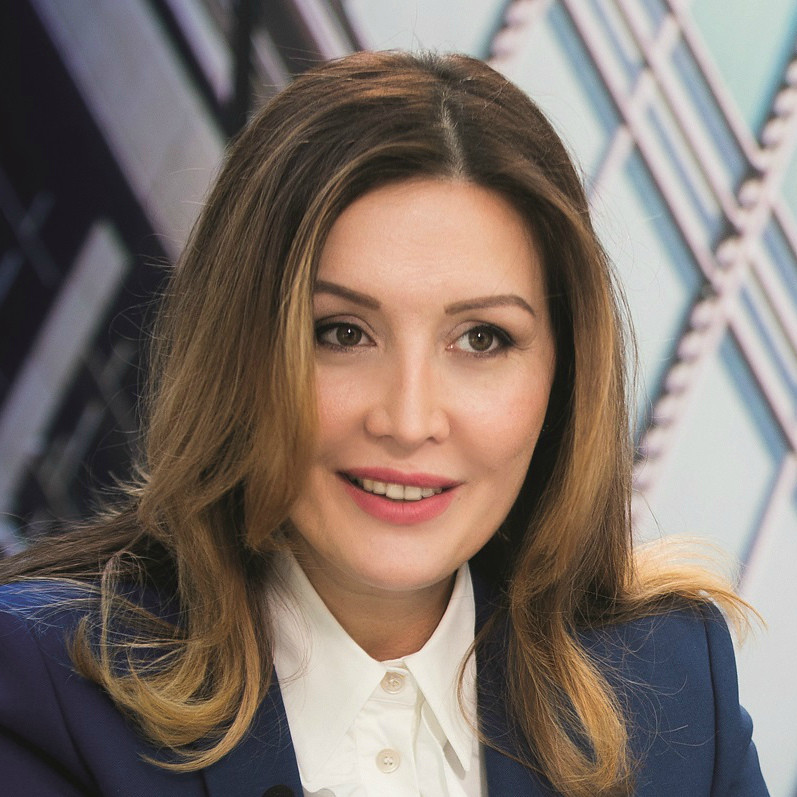
Svetlana Chupsheva, Director General, Agency for Strategic Initiatives
«Support for social entrepreneurship has become one of the key areas of ASIs activity. We believe that social projects can and should be profitable. We recently summed up the results of our first accelerator. More than 600 applications were received, of which 115 projects were selected to participate in the initial intensive phase. At the end of this phase, 35 were granted the opportunity to participate in a two-month accelerator programme, where many managed to increase their revenues and find partners. Some of these projects will receive support from the Fund, and some will receive funding from its partners. We are seeing just how much demand there is for the Funds products. Therefore, expect new accelerator programmes and projects on the horizon.»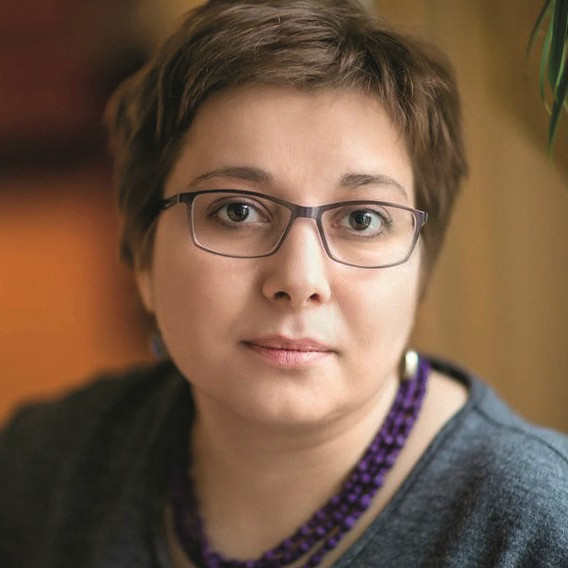
Nyuta Federmesser, Founder, VERA Hospice Charity Fund; Director, Centre for Palliative Medicine in Moscow
«Nonprofit socially-oriented organizations are playing a huge role in the development of palliative care, but the problems need to be addressed systemically. The public sector, nonprofit organizations, volunteer organizations, and the private services market need to be involved: it is only by implementing a priority project at the state level that a palliative care system can be instituted in the country.»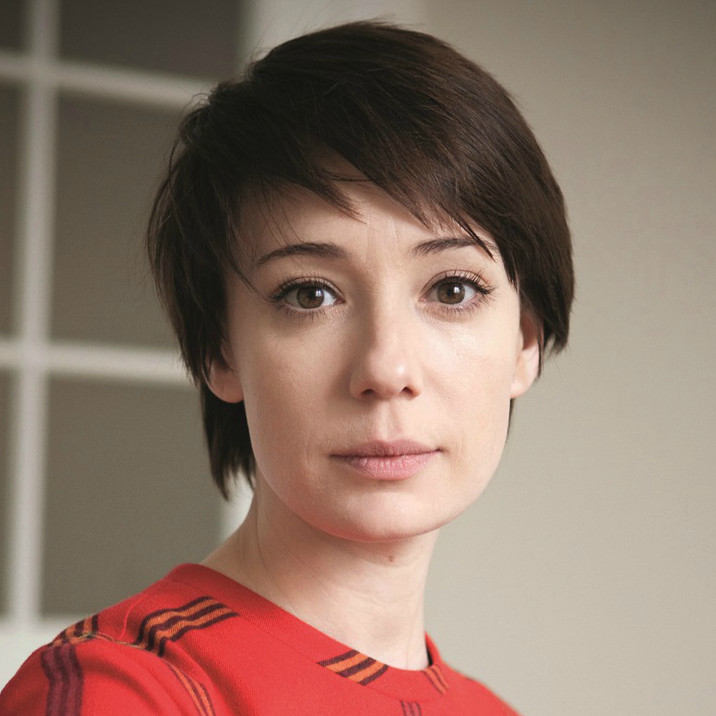
Chulpan Khamatova, Actress and Co-Founder of the Gift of Life Foundation
«For 12 years now our foundation has been helping doctors treat the most complex and expensive disease that children can face: cancer. Throughout these years, we have been buying equipment and consumables for hospitals and paying for medicines and operations. All of this is thanks to the support of hundreds of thousands of people as well as companies from across the country. We greatly value the trust that society and business have placed in us. I think that all of this has been made possible as a result of the principles of the foundations work. These were the principles that we set ourselves at the outset. First of all, we cherish complete openness and transparency. We account for every rouble that we spend publicly on our website. Secondly, we follow the advice of doctors in everything that we do, and we solicit their expert opinion on everything that we spend money on. And of course, we constantly come up with and develop new ways of helping, making it as easy and convenient as possible to contribute.»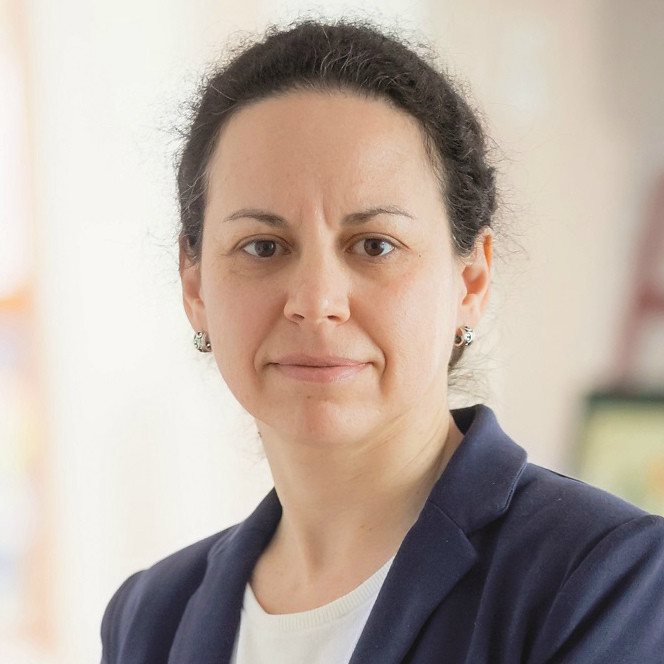
Maria Chertok, Director, CAF Russia
«CAF Russias programme to develop local community foundations in the regions is a striking example of a successful philanthropic initiative based on joint efforts. Local community foundations build up funds from businesses, government, individuals, and nonprofit organizations to solve urgent social problems. In general, these foundations contribute to the formation of cultural traditions. They develop social entrepreneurship, and they engage the local community. The formation of local community foundation is a global trend that is actively taking root in Russia.»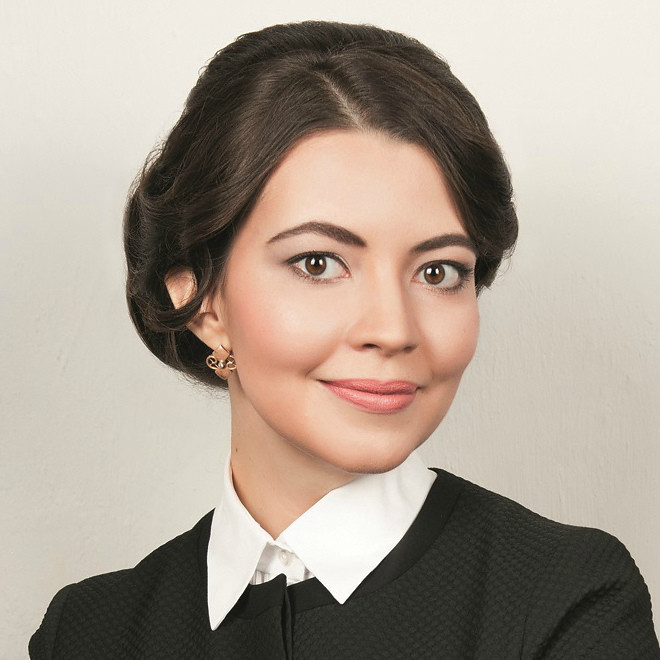
Anastasia Tsvetkova, CEO, Lake Baikal Foundation for Environmental Applications and Research
«The public believes that environmental issues are a global challenge that must be solved by the state and businesses that impact the environment. The task of environmental nonprofit organizations is to become more open to people, and as a result to increase not only the level of trust in their activities, but also to arouse a keen interest in the mission of these organizations and how it is fulfilled. We should expand the forms of financial and non-financial reporting that nonprofits should be required to share with the community via traditional and social media. Nonprofits should develop projects that allow direct involvement and explain how everyone can participate in environmental initiatives.»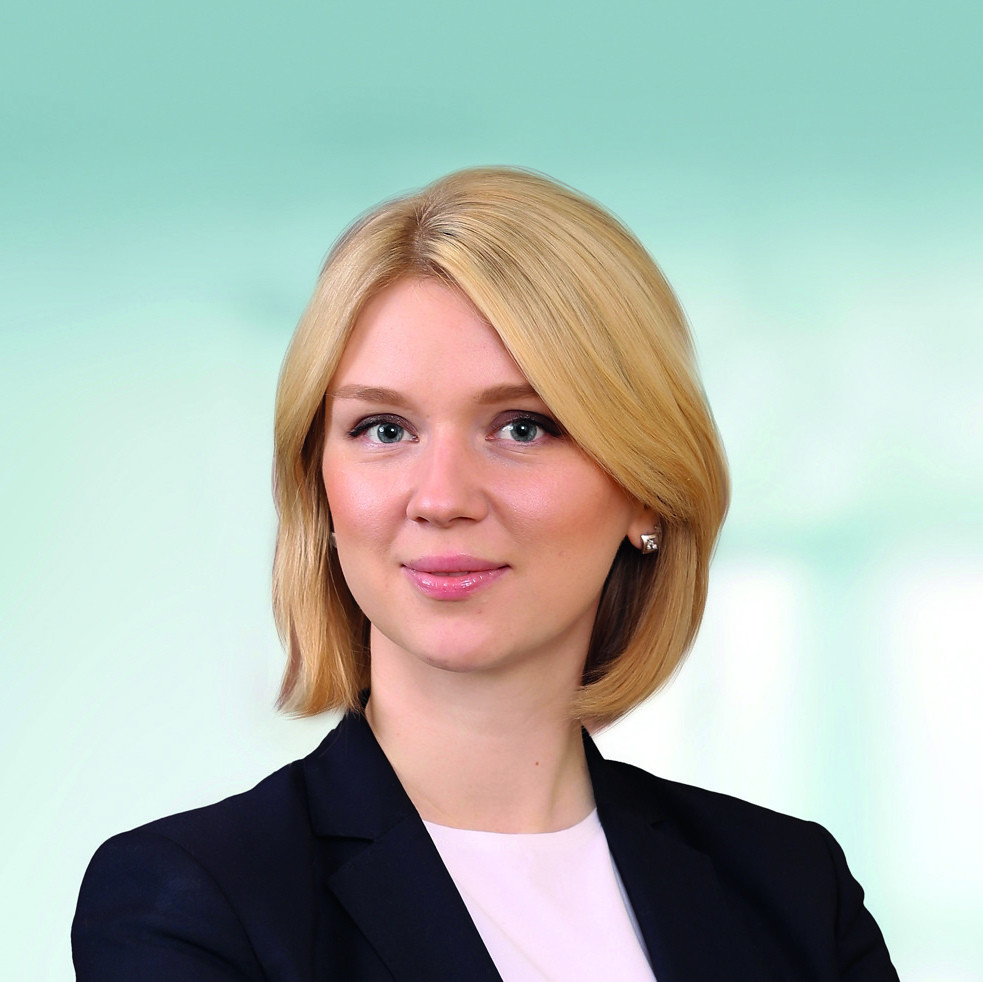
Maria Krasnikova, Director, Art, Science and Sport Charity Foundation
«We are confident that this step will help us not only to consolidate and build out integrated communications between government, business, nonprofit organizations, and society, but also to find effective solutions to the most pressing social problems. In order to achieve such a long-term constructive relationship, we need to involve society as much as possible. And society today is confidently demonstrating its commitment and responsibility. In order to increase the density of social capital, it is not necessary to invent overly complex formats and tools to attract attention. All we really need to do is to communicate current developments in the field and replicate best practices in a way that reaches the most people. We need to talk about interesting projects, real people, volunteers, leaders, and philanthropists. One of the most effective tools for addressing this task is social communication. We can see how well social communication works from the experience of the Support Programme for Visually Impaired Children. Russia has been actively creating an accessible environment for visually impaired people in recent years. Many facilities are equipped with ramps and handrails to help those with limited mobility, as well as systems for summoning assistance, and other tools. An audio description system is being developed, and free operations are being conducted. New technologies are emerging to ensure that people with visual impairments are able to live comfortably. However, information about these important developments is too scattered or presented in a way that makes it hard to understand. Social communication is designed to solve these problems.»
NPO LAB STAND WILL BE A MAJOR ATTRACTION AT SPIEF
This year the St. Petersburg International Economic Forum will feature a broad social agenda that will be part of the main business programme and presented at a separate NPO LAB exhibition stand. This format was successfully launched at the Russian Investment Forum, and it will be integrated into all major Roscongress Foundation events on a regular basis. Forum guests can expect to see successful examples of cooperation between the nonprofit sector, business, and government; discussions and showcases featuring Russian and international experts; the announcement of projects to develop the practice of social communications; and much more.
SOCIAL COMMUNICATION
The Roscongress Foundation is announcing a joint project with the Art, Science and Sport Charity Foundation to develop the practice of social communications in Russia. This is aimed at creating a culture in which society contributes to solving social problems. As part of the project presentation, the stand will be used to launch an all-Russian competition to find the best examples of effective social communication in audio, online, and offline formats. The panel of experts is expected to include cultural figures, opinion leaders, and leaders of major nonprofits. The interim results of the contest will be presented at the Eastern Economic Forum.
STAND DIAGRAM
During the Forum, the NPO LAB stand will be a space where successful triangular cooperation practices will be presented. More than 100 public and charitable organizations submitted projects, from which the most interesting stories have been selected.
PHOTO OF THE INTERACTIVE MAP
Forum guests will not only learn what is needed to implement large-scale nature conservation projects and how modern technologies can be used to preserve the worlds cultural heritage, they will also have an opportunity to study an interactive map of projects that have won funding from the Presidential Grant Fund.
Source: SPIEF-2018 Official Magazine



